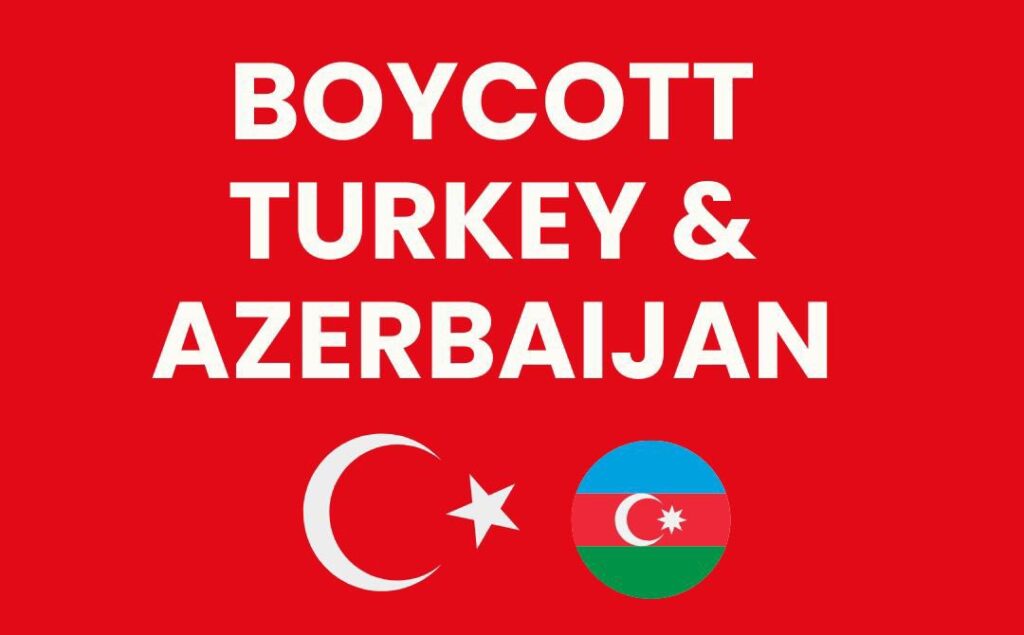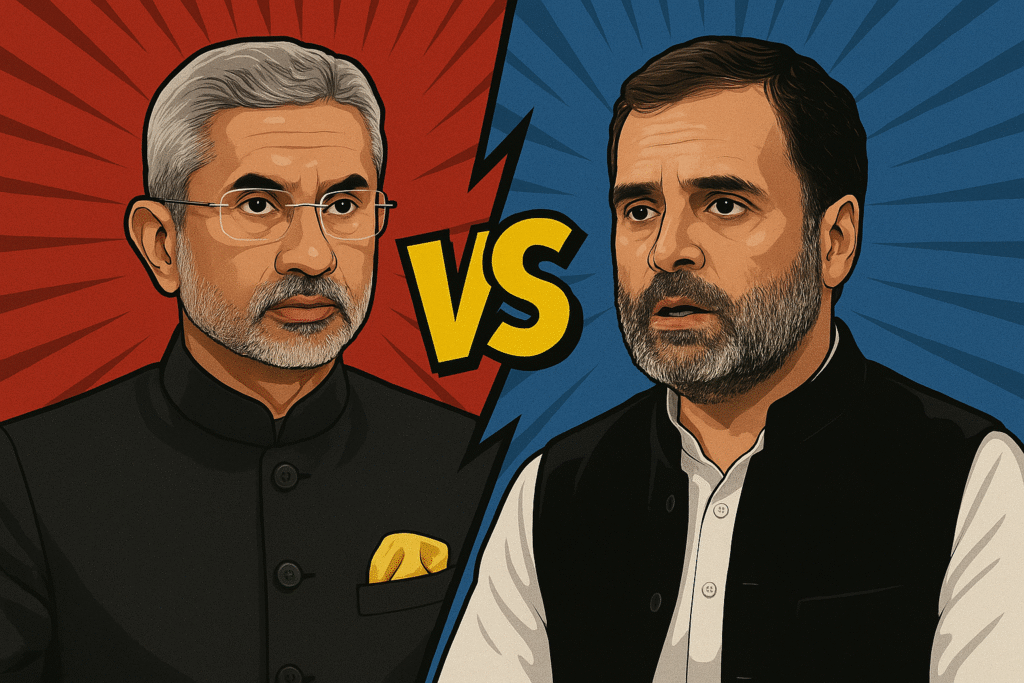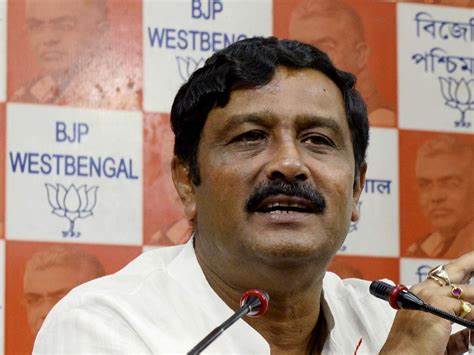What Sparked the Boycott of Türkiye and Azerbaijan?
Why are Indian tourists boycotting Türkiye and Azerbaijan recently. This issue stems from a military operation called Operation Sindoor and has led to a big reaction on social media and beyond.
Operation Sindoor, a military strike India carried out on May 7, 2025, targeting terror camps in Pakistan and PoK after the Pahalgam terror attack. Türkiye and Azerbaijan openly criticized this operation. Azerbaijan showed support for Pakistan,
Citizens of Baku Azerbaijan🇦🇿,
— Sumit (@SumitHansd) May 13, 2025
Turkey🇹🇷 Celebrating Pakistani terrorism. BOYCOTT INTERNATIONAL TRAVEL to TURKEY
No nationalist 🇮🇳Indian should visit Turkey and Azerbaijan#BoycottTurkeyAzerbaijan #radiation #ceasefirevoilation #NuclearLeak pic.twitter.com/PmDjntxGu0
while Türkiye called India’s strikes “provocative attacks targeting civilians” and even supplied Pakistan with drones, which India neutralized. This upset many Indians, who felt these countries were siding with terrorism.
Azerbaijan media personality, clearly saying that they unapologetically stand with Pakistan and don't care if it leads to economic loss by Indian tourists not coming.
— THE SKIN DOCTOR (@theskindoctor13) May 14, 2025
Time for Indians to flock to Azerbaijan and post videos: "Yaha par sab achha hai, locals badi respect dete hain.… pic.twitter.com/brIGE7iFdt
As a result, a social media movement started, calling for a boycott of Türkiye and Azerbaijan. Indians began cancelling their travel plans to these countries, and travel agencies paused bookings, showing their disapproval of the two nations’ stance.
How Are Indian Travel Agencies and Tourists Responding?
You might be curious about how this boycott is taking shape. Many Indian tourists have cancelled their trips to Türkiye and Azerbaijan as a form of protest. Travel companies like Cox and Kings, Ixigo, and ClearTrip have taken a strong stand by temporarily stopping bookings to these destinations. The founder of EaseMyTrip said, “Travel is a powerful tool. Let’s not use it to empower those who don’t stand with us.”

Additionally, several agencies have cut ties with Turkish Airlines, Türkiye’s national carrier. There’s also pressure on the partnership between Turkish Airlines and IndiGo, an Indian airline, with social media users questioning their joint operations. This shows how seriously Indians are taking this issue, using tourism as a way to express their anger.
What Impact Is This Having on Türkiye and Azerbaijan’s Tourism?
You may wonder how this boycott affects Türkiye and Azerbaijan. India is a major tourism market for both countries, and the numbers tell the story. In 2014, only 5,000 Indians visited Azerbaijan, but by 2024, this number grew to over 243,000—a massive 5,000% increase. For Türkiye, Indian visitors rose from 120,000 in 2014 to 330,000 in 2024, a 176% growth. Now, with the boycott, these numbers are expected to drop significantly. The Maldives faced a similar situation last year after its ministers made derogatory remarks about India’s Prime Minister, leading to $2 billion in losses and fewer flights to India. If this boycott continues, Türkiye and Azerbaijan might see fewer flights and a big financial hit due to fewer Indian tourists.
A “culinary war” has started, with some Indians boycotting Turkish foods like baklava and focusing on other cuisines instead. In places like Maharashtra and Pune, traders have stopped selling Turkish apples, which usually bring in about $140 million during their three-month season. These apples have now disappeared from local markets. Additionally, Jawaharlal Nehru University (JNU) in India suspended its Memorandum of Understanding (MoU) with Inonu University in Türkiye on May 15, 2025, citing national security concerns. JNU’s official statement on X said, “JNU stands with the Nation,” showing how this issue is impacting not just tourism but also education and trade ties.
Due to National Security considerations, the MoU between JNU and Inonu University, Türkiye stands suspended until further notice.
— Jawaharlal Nehru University (JNU) (@JNU_official_50) May 14, 2025
JNU stands with the Nation. #NationFirst @rashtrapatibhvn @VPIndia @narendramodi @PMOIndia @AmitShah @DrSJaishankar @MEAIndia @EduMinOfIndia
What Does This Mean for India’s Relations with Türkiye and Azerbaijan?
This boycott highlights the growing tensions between India and nations that support Pakistan, especially on issues of terrorism. The strong reaction from Indian tourists, travel agencies, and even institutions like JNU shows how national sentiment can influence international ties. If the boycott continues, it could lead to long-term economic and diplomatic consequences for Türkiye and Azerbaijan, similar to what happened with the Maldives. On the other hand, it also shows how social media can quickly turn a political disagreement into a widespread movement, affecting everything from travel to trade. This situation remains a developing story, and its full impact on India’s relations with these countries will become clearer in the coming months.





















